Before big garden centers and mega-stores, gardeners made fences and plant supports out of what was at hand: bent wood.
Flexible willow, hazel, and other pliable twigs can be fashioned into a staggering array of all-natural garden accessories that blend beautifully into a landscape. Graceful and eco-friendly (they’re biodegradable), the structures are a staple in English gardens, functioning as plant supports, fences, or edging for a flower bed.
Above: Woven hazel fencing on chestnut posts. Image via Walnuts Farm. For a similar effect, consider the Critter Screen from Terrain; marked down to $48.95, from $78. The Willow Farm in Pescadero, CA, supplies custom fencing and shade panels.
Above: Architectural but still rustic, obelisk plant climbers provide a dramatic vertical element. A Braided Vines Obelisk is $88 at Terrain; Hazel Obelisk is £30 at Natural Fencing.
Above: As seen in the garden of Isis Sturtewagen, even snug urban gardens can acquire a romantic feel with willow edging and baskets. Similar Woven Willow Hurdle; £11.95 at Primrose. (For more images of this home, see Design Skool: Isis Sturtewagen.
Above: For a completely integrated look, living willow fencing quite literally grows with the rest of your garden. Image via Lakeshore Willows.
Above: Create a magical passageway from one area of your garden to the next using a series of Living Willow Arches; or consider a willow wigwam for £480 at Natural Fencing.
Above: A handcrafted Hazel Trellis by artist Clare Harris is £25 at Hen And Hammock.
Above: Hide unsightly compost with a Hazel Compost Screen; £64.99 at Crocus.
Above: If seized by the DIY urge, you can follow Live for Gardening’s step-by-step instructions to make a willow obelisk.
Finally, learn how to successfully design a fence for any landscape or garden project with our Hardscaping 101: Fences & Gates guide.
This is an update of a post published March 27, 2012.


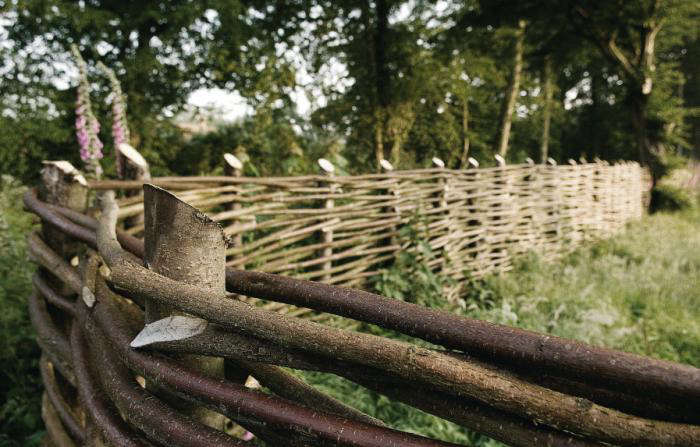

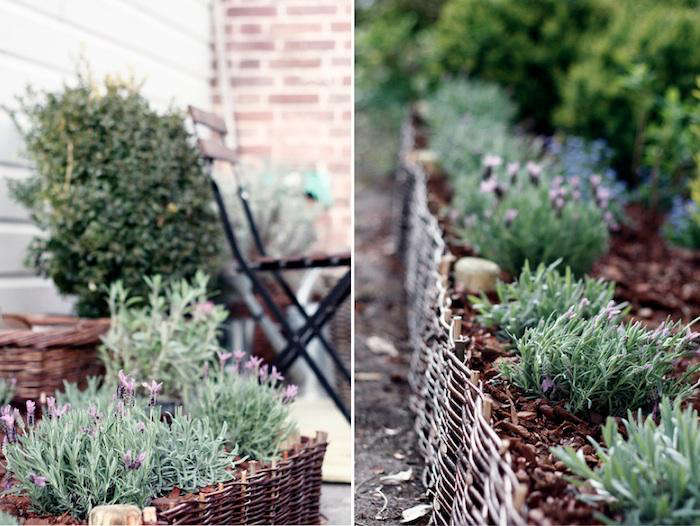

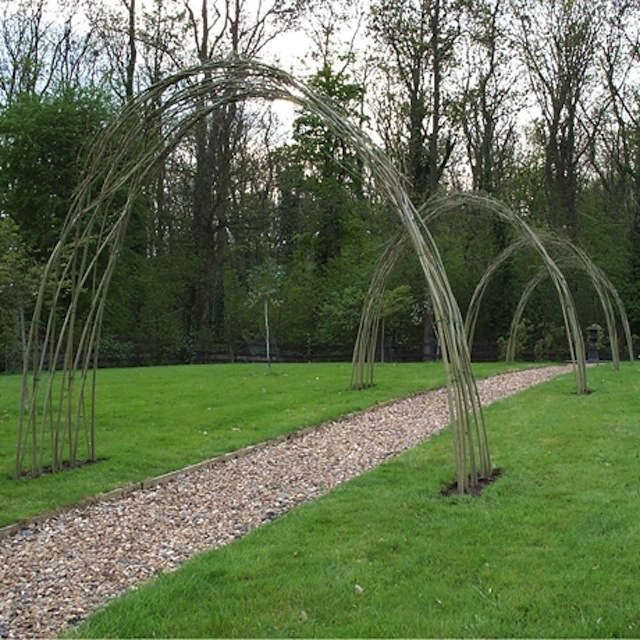



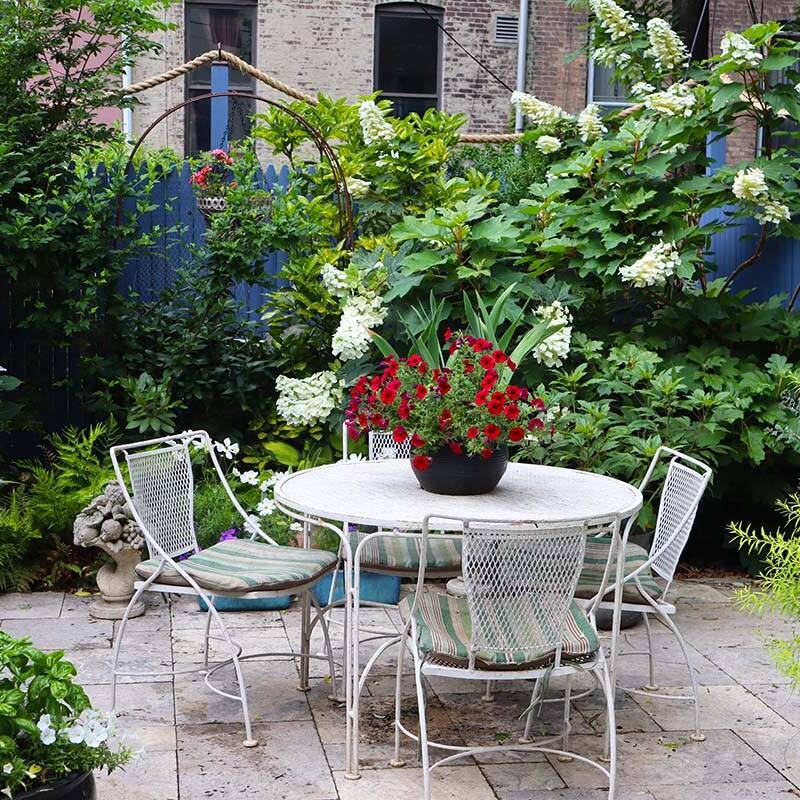
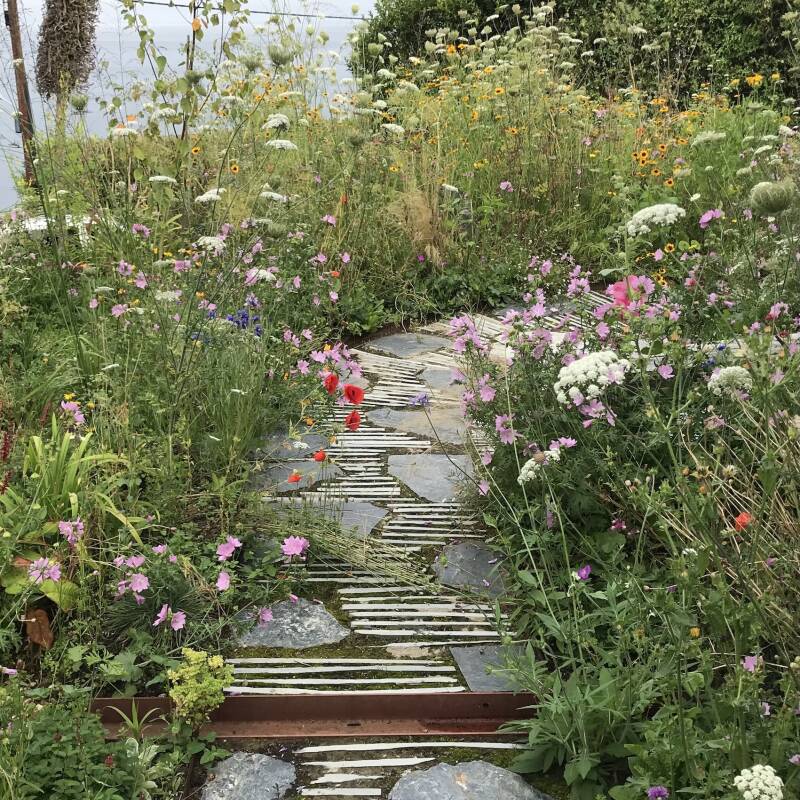
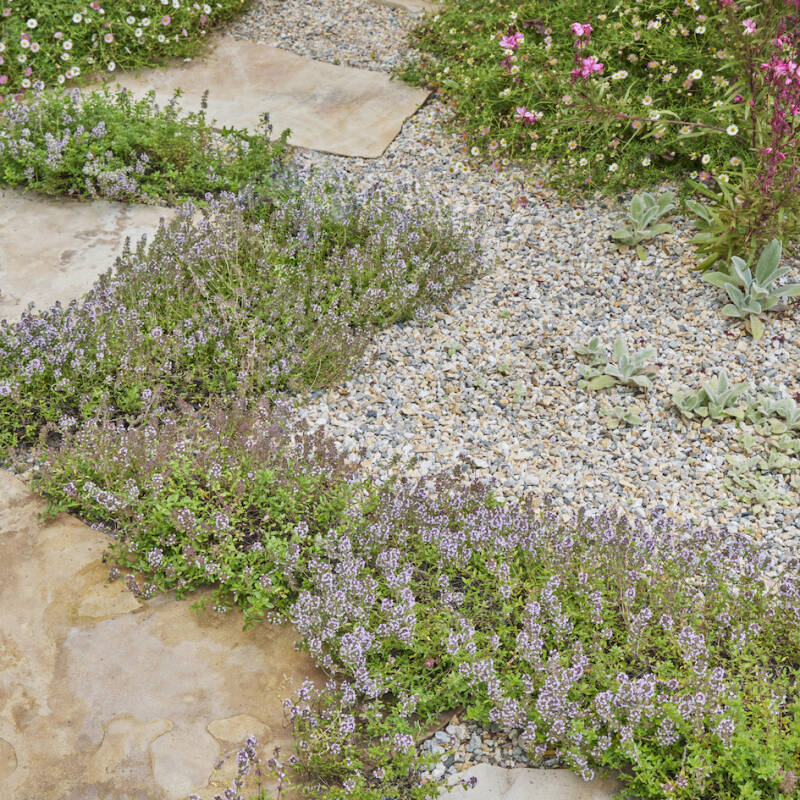



Have a Question or Comment About This Post?
Join the conversation